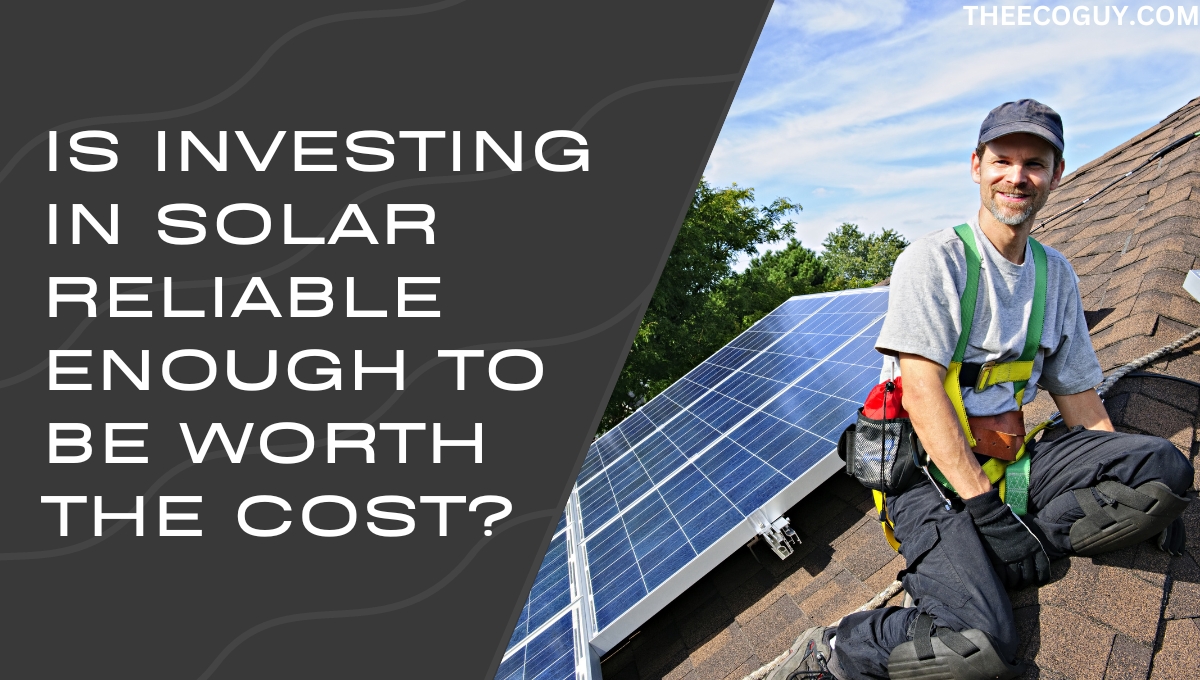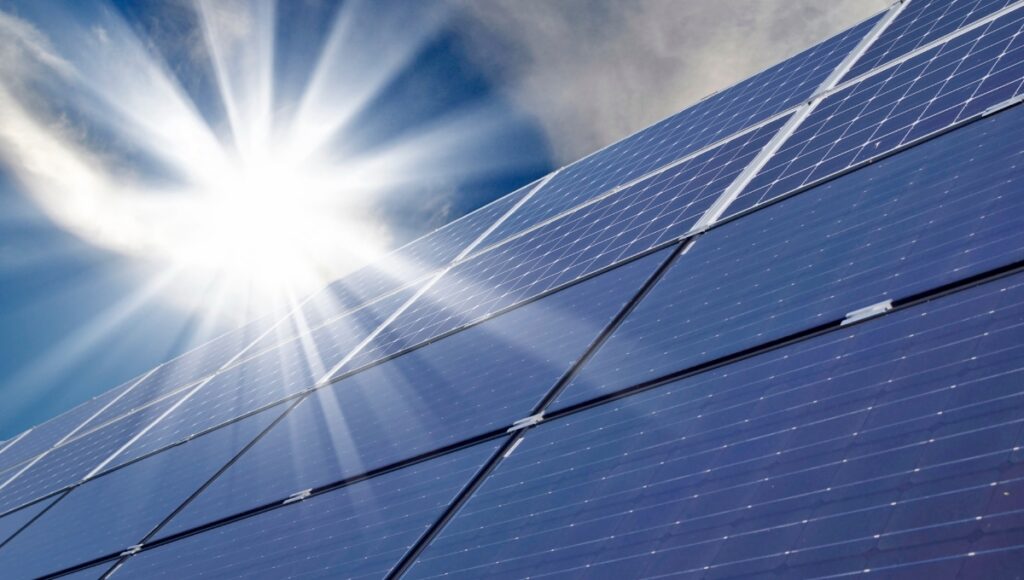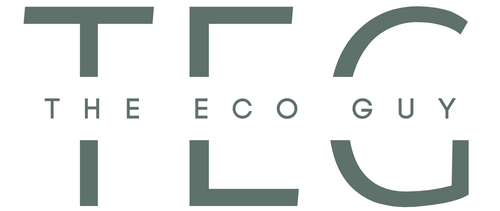Is Investing in Solar Reliable Enough to Be Worth the Cost?

Investing in solar energy is becoming increasingly popular to save money and contribute to a cleaner environment. But is it reliable enough to make it worth the cost?
Yes, it’s worth the cost! Solar shoppers can enjoy immense savings of up to $75,000 on electricity costs over the lifetime of a solar panel system – all while doing something great for the planet!
In this article, we will explore the risks and benefits of investing in solar energy, so you can decide if now is the right time to make the switch.
What Makes Solar Investment Reliable?
Advantages of Solar Energy
The advantages of solar energy are numerous. From a financial standpoint, investing in solar is incredibly attractive. Solar energy has no fuel costs so you can enjoy free energy from the sun daily. And with no moving parts, solar panels are relatively low-maintenance and typically require little to no extra attention over their lifetimes.
Regarding reliability, solar panels can last for decades, with some warranties guaranteeing up to 25 years of service. In addition, solar panels are highly efficient and can generate electricity even on cloudy days or in shady conditions.
Finally and perhaps most importantly, investing in solar helps the environment. Solar energy does not produce any air pollution or carbon emissions, making it an excellent choice for individuals looking to reduce their carbon footprint.
Disadvantages of Solar Energy
While solar energy offers many advantages, there are also some drawbacks. One of the biggest concerns is that solar energy is weather-dependent and unreliable depending on where you live. Therefore, to maximize your return on investment, you will need to ensure that your area receives enough sunlight throughout the year.
Also, investing in solar energy can be expensive compared to traditional electricity sources, and often, fees are associated with installation and maintenance.
The Efficiency of Solar Panels and Other Technologies
Over the years, the efficiency of solar panels has significantly improved, with many panels now boasting efficiency ratings of over 20%. This means that solar panels can convert more sunlight into usable energy than ever before.
Additionally, various technologies have been developed to make solar energy more reliable and efficient. These include tracking systems and storage solutions such as batteries or heat pumps.
Cost Savings Associated With Solar Investment
You are investing in solar offers several essential cost savings. Depending on where you live, you may be eligible for government incentives such as tax breaks or rebates that can help lower the overall cost of installation. In addition to these incentives, there are also potential savings associated with reduced electricity bills due to increased efficiency and self-sufficiency.
What Are the Risks of Solar Investment?
Potential Risks Involved in Installing Solar Equipment
While solar energy offers many benefits, investing in solar also comes with some risks. One of the most important things to consider is the cost and availability of materials needed for installation. Prices can vary greatly depending on location, and you may want to research before committing to a project.
Financial Incentives for Investing in Solar May Not Be Available Long-Term
Depending on where you are located, financial incentives may not be available. For example, many states have temporarily suspended subsidies for solar installations. While these incentives may be reintroduced in the future, it is essential to factor this into your decision before investing in solar energy.
Maintenance/Replacement Costs Associated With Solar Energy Equipment
Although maintenance is relatively low for solar equipment, replacement parts may be expensive and difficult to find. Therefore, it is essential to research the availability of components before committing to a project. Also, you should factor in any additional costs associated with insurance or warranty coverage for your solar investment.

Benefits of Investing in Solar Energy Long-Term
Environmental Benefits of Using Renewable Energy Sources
There are environmental benefits associated with using renewable energy sources. Solar energy does not produce any air pollution or carbon emissions, making it an ideal choice for those looking to reduce their carbon footprint. In addition, solar power helps reduce our dependence on fossil fuels and other non-renewable sources.
Potential Increase in Home Value
Most homeowners who invest in solar energy also realize an increase in their home’s value. This is especially true for those who live in areas where renewable energy sources are highly valued or have generous incentives for investing in solar.
Reduced Bills From Utilizing Solar Power & Utility Credits Offered by Certain States
Almost all homeowners with solar save on average $20-$50 off their monthly electric bill. Additionally, some states offer net energy metering or other utility credits for solar energy production. This can help offset your investment in the long run and add to potential savings from reduced bills over time.
Steps to Take Before Investing in Solar Energy
Research Solar Panel Manufacturers and Local Vendors
Researching solar manufacturers and local vendors is essential before investing in a solar energy system. It’s vital to ensure that your chosen company has an established reputation, good customer service, and quality products.
Ask questions such as: How long have they been in business? Have they ever had any issues with their equipment or customer service?
Get Several Quotes From Different Companies
Getting quotes from different companies is essential to ensure you get the best deal. Make sure to evaluate factors such as cost, warranties, and customer service when making your decision.
Research Necessary Permits & Discuss Potential Zoning Restrictions
Depending on where you live, there may be zoning restrictions or permits required for installing solar equipment. Therefore, before investing in solar, it’s essential to ensure that you can install the system and that all necessary permits have been obtained.
Calculate the Potential Financial Benefits of Investing in Solar Energy
It’s important to research potential financial incentives, such as utility credits or government subsidies, that may help offset the cost of installing a system.
Examine Potential Tax Incentives Associated With Solar Energy Investments
Lastly, research potential tax incentives associated with solar energy investments, such as the federal investment tax credit. This credit can provide up to 30% of the cost of a system back in tax credits, making it an attractive option for those looking to invest in solar energy.
Pros and Cons of Investing in Solar Energy
Pros of Investing in Solar Energy:
- Low maintenance costs associated with solar energy equipment make it a cost-effective long-term investment.
- Renewable energy sources are better for the environment, helping reduce air pollution and carbon emissions.
- Installing solar panels can increase the value of your home, making it a more attractive option for potential buyers.
- Potential financial incentives associated with solar energy investments can help offset installation costs.
Cons of Investing in Solar Energy:
- The initial cost of investing in solar energy may be too much for some families or homeowners.
- Finding local vendors who offer quality services and products can be difficult.
- Depending on where you live, zoning or other permits may be required to install the system.
- Homeowners who move may not see a return on their initial investment if they cannot take the equipment.
Final Thoughts
Investing in solar energy can be a great way to save money while helping the environment. Despite the initial cost, many potential financial incentives may help offset installation costs and reduce monthly bills.
Additionally, homeowners who invest in solar energy also realize an increase in their home’s value due to renewable sources being highly valued or having generous incentives for investing. All of these factors make investing in solar reliable enough to be worth the cost!
With proper research on vendors, permits, tax credits, and other benefits, you should have no problem finding a quality system that works best for your needs and budget.







